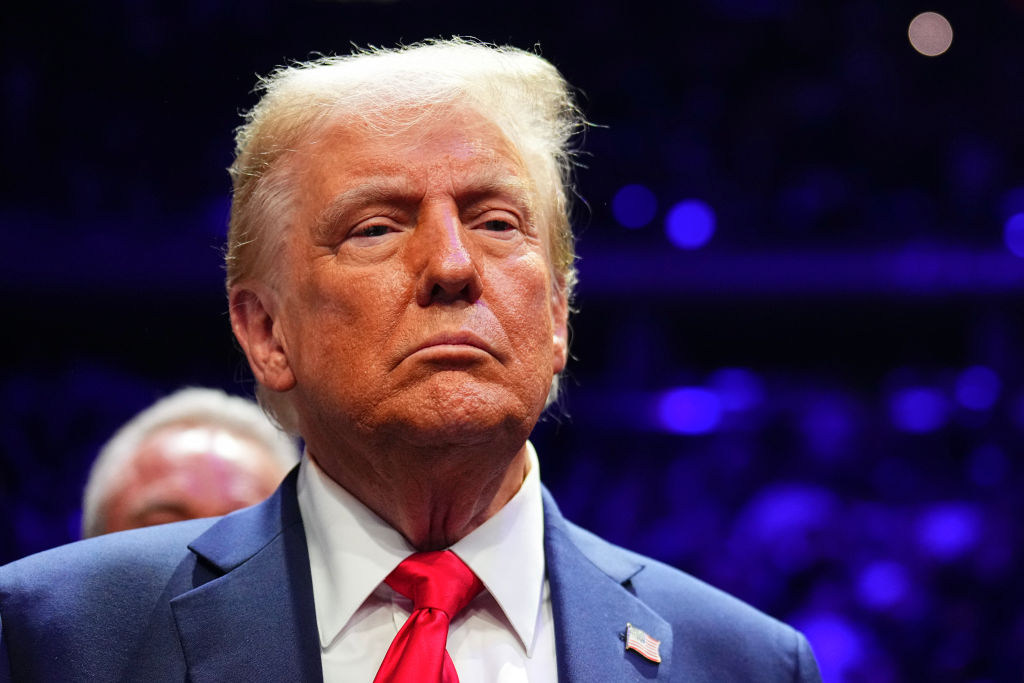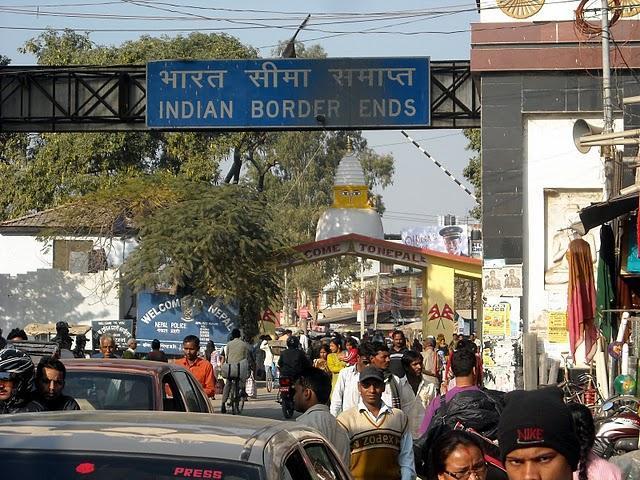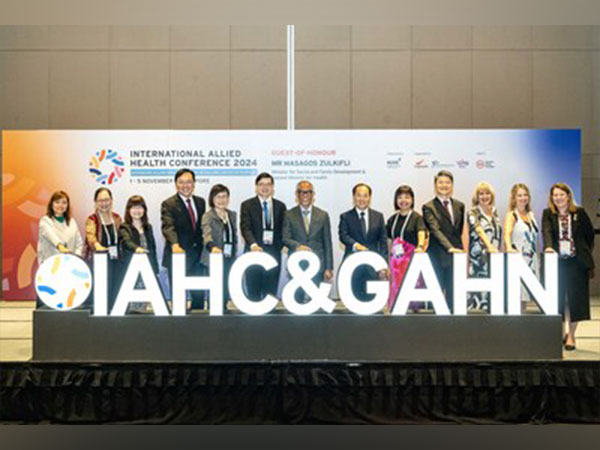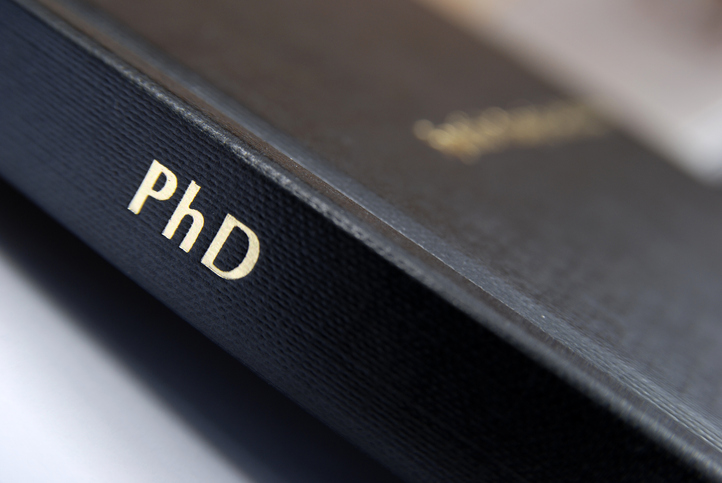China criticized U.S. President-elect Donald Trump’s pledge to impose additional tariffs on Chinese goods over the flow of fentanyl, accusing his incoming administration of shifting blame for America’s opioid crisis onto China.
Trump, who is set to take office on January 20, announced on Monday that he would impose a 10% tariff on Chinese goods to pressure Beijing to stop the trafficking of chemicals used in fentanyl production.
During his campaign, Trump had threatened tariffs as high as 60% on Chinese imports.
“China’s position against unilateral tariff increases is consistent,” said He Yadong, a spokesperson for the Chinese commerce ministry, at a regular briefing on Thursday. “Imposing arbitrary tariffs on trading partners will not solve America’s own problems.”
He emphasized that the U.S. should adhere to World Trade Organization rules and cooperate with China to foster stable economic and trade relations.
Trump’s remarks signaled the start of a potential four-year trade dispute, possibly more intense than the first term, which saw tariffs between 7.5% and 25% imposed, disrupting global supply chains.
In October, Howard Lutnick, Trump’s pick to run the Commerce Department and oversee the U.S. Trade Representative, said in a podcast interview that “China is attacking America” with fentanyl and suggested tariffs as high as 200% on Chinese imports.
Editorials in Chinese state media warned that new tariffs could push the world’s top two economies into a destructive trade war.
DEJA VU
On Thursday, Chinese state media echoed familiar themes, praising U.S. firms for “strong collaboration” with China—a tactic reminiscent of the previous trade war.
During that time, U.S. corporate executives and foreign investors closely monitored Chinese state media for hints about which U.S. companies might benefit or be penalized as tensions rose.
The state-owned Global Times highlighted U.S. firms such as Apple, Tesla, Starbucks, and HP. “U.S. politicians need to recognize the evident willingness of American businesses for economic cooperation and tailor policies that create a favorable environment for enterprises,” it said.
The China Daily also noted that Morgan Stanley received regulatory approval in March to expand its operations in China, highlighting the continued enthusiasm of foreign financial firms for investing in the country.
“Business was looking closely at media signals to understand the evolving policy landscape during the first trade war,” said a Beijing-based American executive, who declined to be named.
During Trump’s first term, China had threatened to blacklist U.S. companies from operating in China by creating an “Unreliable Entity List.” This list initially targeted companies like Apple, Cisco, and Qualcomm, but China never acted on these threats and, to date, the list has only included U.S. firms involved in arms sales to Taiwan.
Bo Zhengyuan, a Shanghai-based partner at consultancy Plenum, predicted that Beijing would refrain from using measures like the Unreliable Entity List immediately after any tariff announcement, given the current weak state of the Chinese economy. However, China could retaliate if U.S. actions negatively impacted its commercial interests.
“There was collateral damage last time, and there will be collateral damage this time,” Zhengyuan added.
(reuters)



















